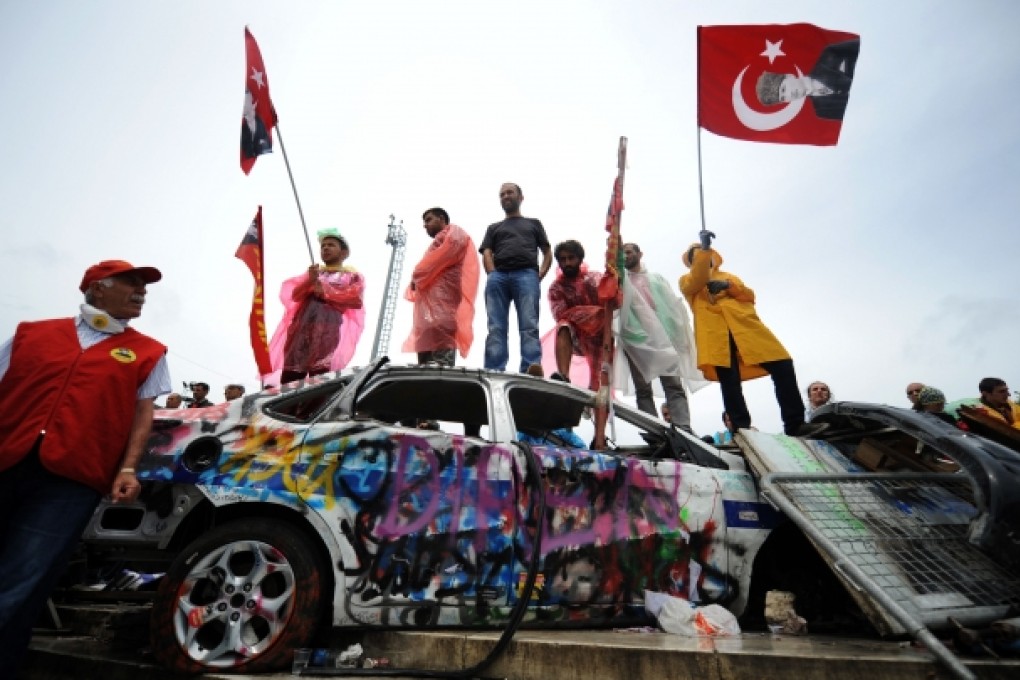In an age of fast thoughts, we should pause to reset our ideas of democracy
Kevin Rafferty says scenes from Turkey raise questions about decision-making in the 21st century

Ugly scenes of tear gas and violence being used to remove protesters from the heart of one of the most historic cities in the world, which is a classic bridge between Asia and Europe, as well as between Christianity and Islam, are distressing enough. But they should also provoke awkward questions about democracy and its role in promoting economic and social well-being or in encouraging dictatorship.
Both sides in the dispute in Turkey claim the democratic high ground. Prime Minister Recep Tayyip Erdogan points out that he has been elected three times by the people and claims that the protesters encamped defending Gezi Park in Taksim Square in Istanbul are "louts", who are acting on the instructions of "foreign powers". The protesters retort that he is increasingly behaving as a dictator and is setting himself up to be a latter-day autocratic Ottoman sultan.
Freedom for people to make a choice once every three to five years is not sufficient
Turkey's tragedy is that both sides are right. Erdogan was duly elected in 2002, 2007 and 2011, and opinion polls show that over 60 per cent of the people still support him, more than can be said for most democratically elected leaders midway into their terms of office.
He has overseen a rapid increase in the economic growth and the political profile of his country. But he has increasingly resorted to authoritarian ways that have encouraged human rights abuses, police brutality, arrest of journalists and taming of the press, all of which are destructive of democracy.
The protests speak loudly about Erdogan's attitudes. They are ostensibly about his plans to turn Gezi Park, one of the few remaining green spots in the centre of Istanbul, into a shopping and residential complex.
But the demonstrators say that they are fed up with Erdogan's steamroller methods that have seen him impose his social and economic views on the country.
In the fast-moving 21st century, it is time to think again about what constitutes democracy. We have to get beyond the parroting of Winston Churchill that democracy is the worst form of government except for all the rest that have been tried.